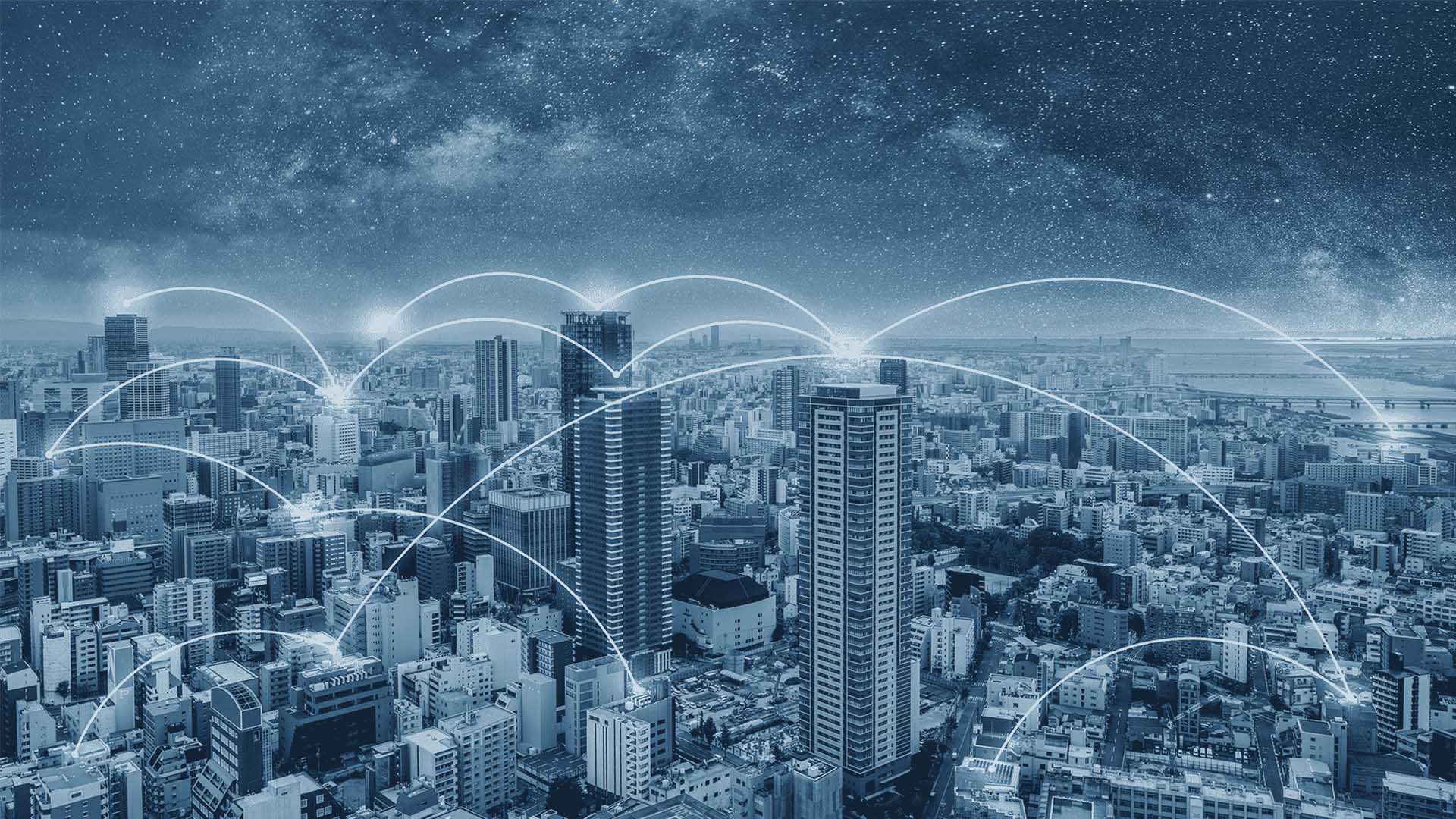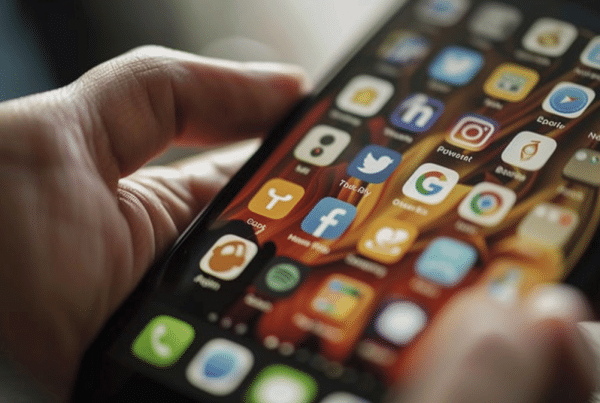The Internet of Things (IoT) has taken the technology world by storm. It is estimated that by 2020, there will be up to 21 billion devices across the globe connected with IoT. It is becoming increasingly difficult to avoid the Internet of Things in both our personal and professional lives, yet many of us still don’t know the impact IoT could have on how the world operates. At Unified World Communications we’d like to share our top three predictions for the Internet of Things in 2020.
-
-
Smart Cities are on the Rise
Internet of Things won’t only be limited to devices and things, it will have wider applications; namely the running of complete cities. Data is already being collected, managed and automated through the likes of video surveillance, taxi services, visitor centres and the use of public services.
The increasing adoption of IoT will enable communities to enjoy a hassle free and comfortable life via the efficiencies IoT offers. Modern cities make it easier for people to travel from one place to another and access basic amenities as well as provide information for the emergency services to use for reducing crime rates and response times.
-
An Increase in Security Concerns
Security is already a widely discussed topic when it comes to the Internet of Things and it doesn’t show any signs of slowing down. As the adoption of IoT grows, security concerns will grow as well.
IoT offers endless opportunities to improve communication between devices and data sharing, but this same feature makes it highly vulnerable from a security point of view.
As the network of connected devices grows, it becomes increasingly difficult to regulate it and keep data safe. Companies will have to develop better solutions to ensure that data breeches don’t occur.
-
Heavily Influence the Use of Artificial Intelligence
From coffee makers to cars, devices will increasingly collect information about your everyday behaviour. This data will ultimately be used to make a device learn everything about you without any input from a human. Technology like this is already being used in industries such as recruitment to speed up the process of filling vacancies and ensuring high success rates based on mapping against existing ‘ideal’ staff.
This learning is a critical aspect of artificial intelligence and the growth of IoT will influence the increase of AI across both our personal and professional lives.
-









